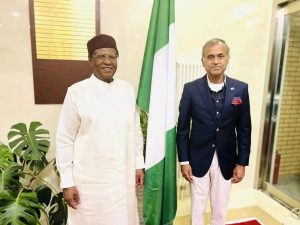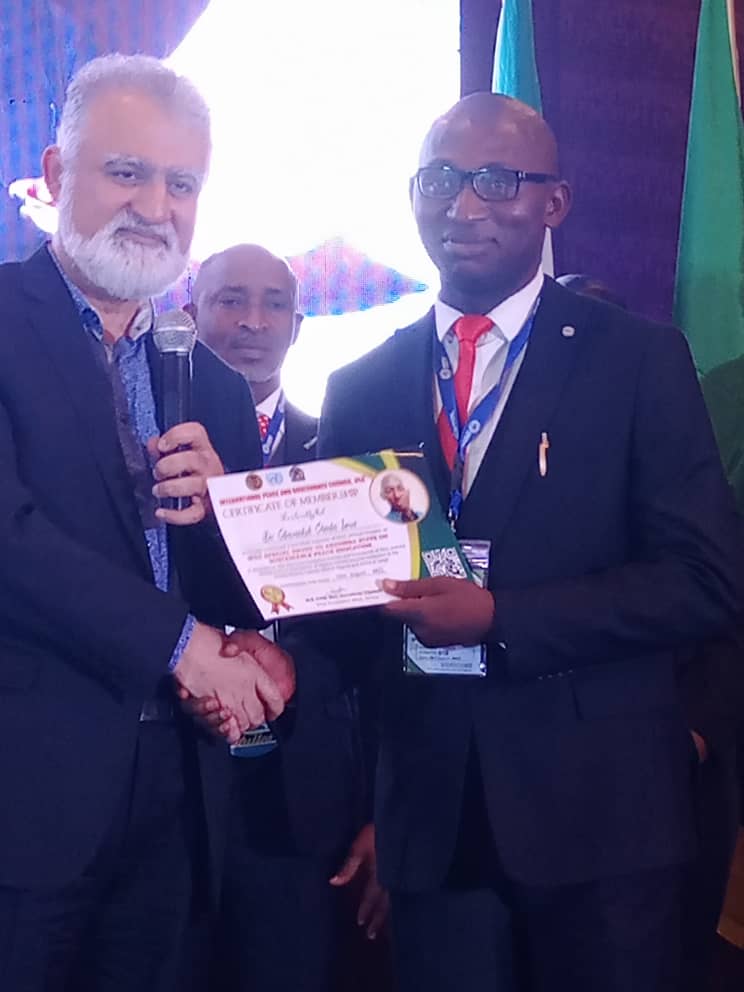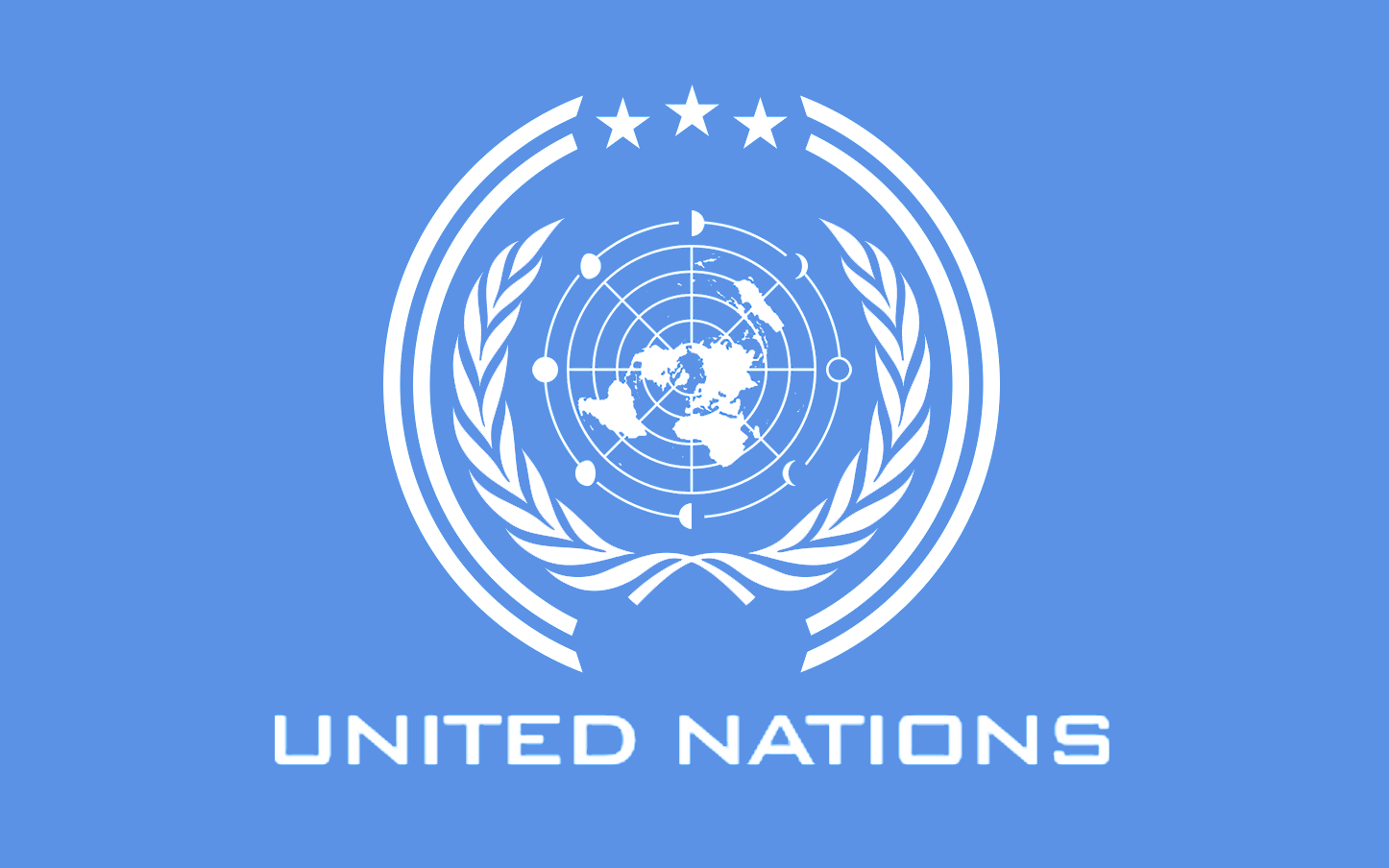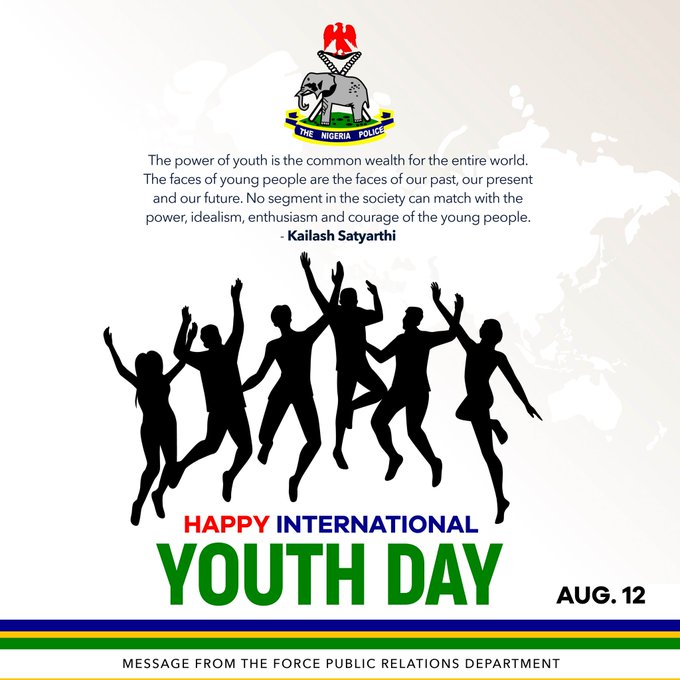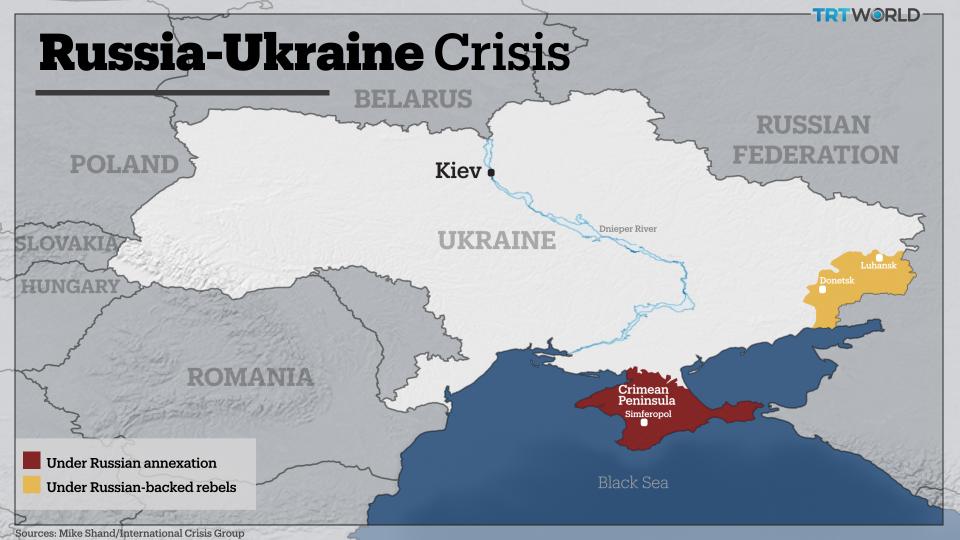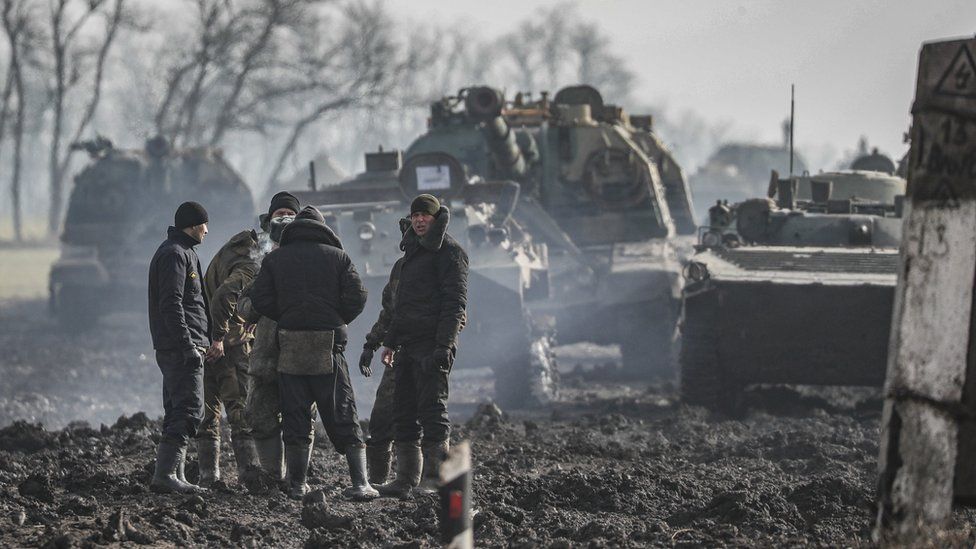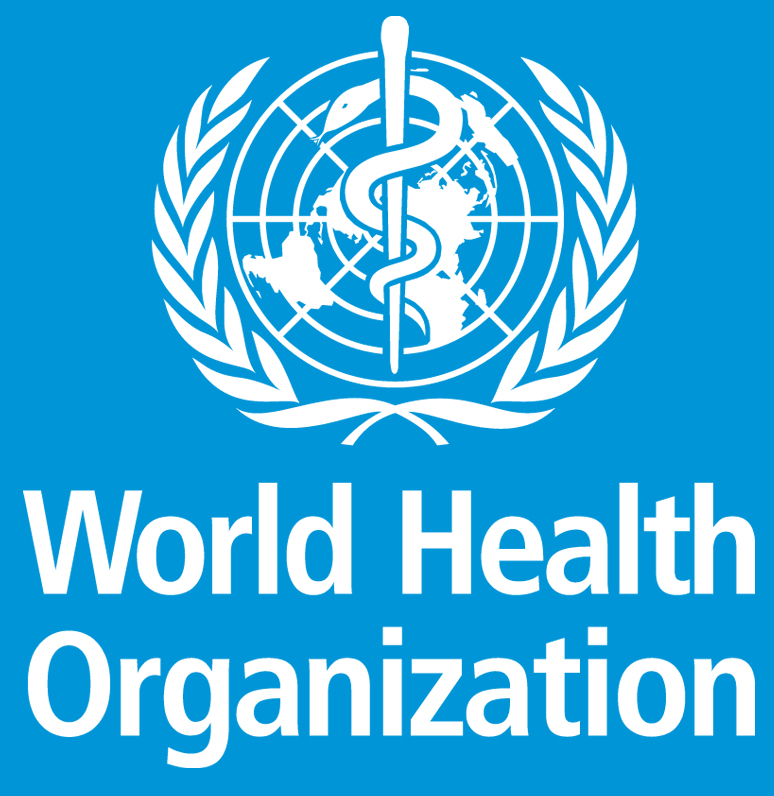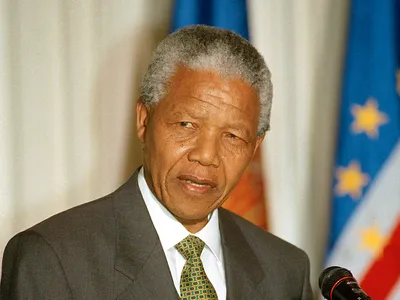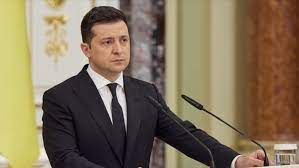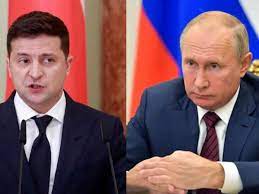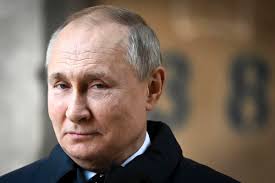Mr Siddharth Chatterjee, Coordinator of the United Nations Development System in China, has stressed the need for adequate investment in infrastructure development to boost the market growth in Africa.
Chatterjee said this a reception for new Ambassadors and their spouses organised by Amb. Baba Ahmad Jidda, Ambassador of Nigeria to China.
Chatterjee said, “If you have to maintain your philosophy of growth, you have to invest in Africa now, because this is s population that will hit $2.5 billion by 2050.
“It is going to be the biggest market of producers and consumers; it is the youngest continent in the world.
“The middle age of African is 18, whereas the middle age of China is already 47, the middle age of Sweden is 49,
you have to shape and nurture those markets now. “To do that, you have to invest there, I think we have to get the UN involved, in terms of providing basic infrastructure.
“The UN has not been fully utilised in your respective countries, it is an untapped potential that you still have that lot of different agencies, programmed and social policy experts.”
He further said there was the need for focused group discussion on issues that bordered on development of the continent to chart the way forward.
He said the African Development Bank had predicted that by 2030, agro-business in Africa would actually grow up to One trillion dollars
“The continent has 60 per cent of arrable land and then, we are currently net importers of 100 billion dollars worth of food yearly.
He said 40 or 50 per cent of agriculture products was post-harvested, adding that “we have to look at the China-Africa bridge, to bring in the technology and innovation.
“The second area is in the place of health. “Actually, companies can make profit of these if we can achieve economy of scale and bring the cost down, heathy Africa means healthy market.
“This implies that there are enormous opportunities which are already starting to take place,” he added.
He said while Chinese prioritised artificial intelligence, digital printing technology and precarbonated housing, Africa could equally build its young population to start producing too.
The Coordinator said although there were 25 UN Agencies, funds and programmes, the organisation would remain committed to invest in Africa’s growth through its cooperation.
In a separate interview, Amb. Martin Mpana, Dean of the Group of African Ambassadors and Ambassador of Cameroon to China, commended the UN investment in Africa initiative to be apt.
Mpana said, “It is on the right track and that is what we want and wish to work for; the question of investment is a little bit difficult.
“Global economy is a bit contracted, not in a recession but we are not far from it, so you can imagine that fear is in each country.
“Those that are financial institutions are are a little bit nervous, they do not know what to do and you know African countries are really indebted.
“We do welcome investment wherever they come from because definitely, Africa needs financial means to invest in infrastructure,” Mpana said.
He reiterated that investment was needed to build infrastructure, connect countries, build roads, airports, as well as other facilities in line with growing population.
He said although there was the need for funds, such should be judiciously utilised to achieve targets on the continent.
